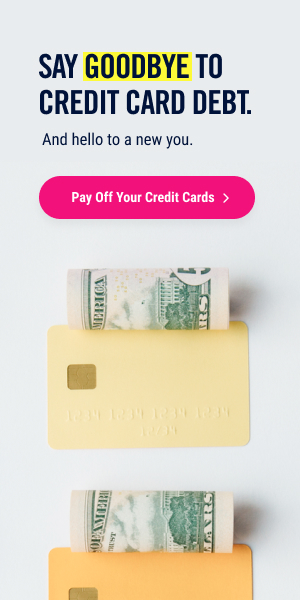The truth is, a dream vacation is expensive and not a necessity. But life is too short to put off your travel plans.
Whether you’re paying off credit cards, student loans, a personal loan or a mortgage, it can be almost impossible to come up with extra income for wants versus needs. This is especially true for students and recent college graduates.
Over the last decade, college graduates have found themselves saddled with more student loan balances to pay back than ever before. In fact, according to The Wall Street Journal, the average 2015 graduate has just over $35,000 to pay back. But many borrowers, not just those with student loans, have prioritized shedding themselves of this financial burden quickly, sacrificing things they might want in life, such as a significant vacation.
If you’re serious about traveling — but also serious about paying off your loans and balances — here are four ways you can have it all, including your dream vacation.
1. Pay in Cash
Borrowing money to finance your vacation is obviously out. After all, there’s no sense in going further into debt to see Machu Picchu or Angkor Wat. But if you have a credit card, the temptation is always there to use it to pay for your vacation.
Remove that temptation by vowing to pay up front in cash. Start by figuring out exactly how much you will need for your trip and how long it will take you to save that much. Then set up a separate savings account specifically for travel and automatically deduct a set amount from your checking account each month. You will be amazed at how much you can save in 6 months or a year, just by budgeting for the expense ahead of time.
2. Travel-Hack
“Travel-hacking” might sound like something best left to experts, but the truth is almost anybody can travel hack.
The first step is to get yourself an airline or travel rewards credit card. Many issuers offer signing points or bonuses for spending a certain amount in your first few months as a cardmember. As you rack up points or miles, you can redeem them for actual dollars spent.
This is particularly essential for your flight, which is one of the most expensive considerations when traveling. Imagine spending less than $100 on a $1,500 flight! It’s completely possible when you travel-hack.
A word of warning: If you are already overwhelmed with high credit card balances in addition to student loan balances, do not attempt travel-hacking. As mentioned above, going further into debt just to go on vacation isn’t worth it. Instead, you can look for ways to discount your flight such as comparing nearby airports, comparing prices across websites and timing your ticket purchase just right.
3. Choose Inexpensive Accommodations
Your vacation goals might include sightseeing, experiencing the culture and eating local cuisine. They probably don’t include staying in an expensive hotel — nobody travels to an exotic location just to hang out in their room.
There are plenty of ways around the expense of a hotel room. Airbnb can often provide you with far more room for the same price as (or less than) a hotel. CouchSurfing takes this one step further by allowing you to stay with locals. And hostels are significantly cheaper than hotels, often costing $20 or less per night.
In fact, you might even be able to pay less than that. Some hostels provide room and board in exchange for volunteer work, sometimes as little as 20 hours per week. Simply contact the hostel you plan to stay at and ask if that’s something they offer. The worst thing they can say is no.
4. Stick to Your Repayment Plan
Traveling should be something you do in addition to your regular credit card payments and student loan repayments. If you can’t afford to keep making those and travel, figure out a way to do it on the cheap — or wait until you have a little more money.
Use the thought as motivation to find the least expensive way to take your vacation. It’s possible to do European trips for less than $1,000 if you budget correctly. That might mean not ordering carryout for dinner for a few months or cutting back on trips to the movies. But the point is, it’s possible to travel inexpensively and stick to your credit card payments and loan repayment strategy if you plan for it.
Written by Andrew Josuweit of Student Loan Hero


